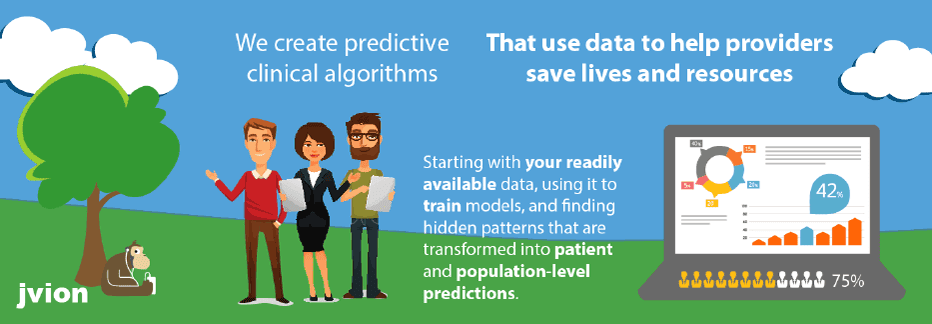To avoid
unnecessary costs and patient suffering, healthcare providers need to consider infection
control solutions and have zero tolerance for hospital acquired conditions
(HACs) that only result in patients suffering from infections that result in
longer hospital stays. Predictive analytics is one of the ideal ways to help in
hospital acquired infection reduction and reduce readmission rates. Infection control prevention solutions from healthcare technology provider Jvion utilize
big data and deep machine algorithms to predict and prevent HACs and reduce
patient suffering.
Reduce Patient Suffering and Save Lives
An evidence based approach to infection control prevention is highly effective in reducing infection rates.
Patient-centered care can be improved significantly with the use of predictive
analytics so that preventative measures can be implemented. Jvion’s RevEgis is
one of the solutions that can help predict disease and infection by analyzing
phenotypes. The objective is to not only optimize the cost of care but reduce
patient suffering and save lives. The well being of patients after they are
discharged is now a key element of the Healthcare Reform Act. This is designed
to prevent 30 day readmissions, which is something that hospitals are now well
aware of since the Centers for Medicare and Medicaid Services (CMS) are set to
reduce payments to hospitals with high readmission rates.
